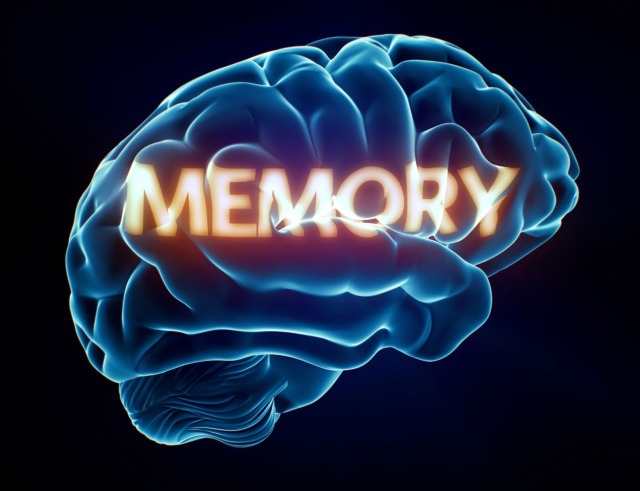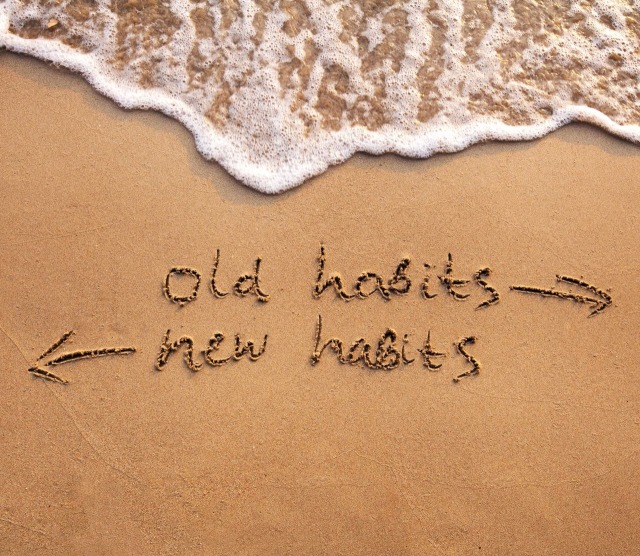Habits and Subconscious Memory…how our brains use patterns and habits that may or may not be serving us…

Memories are fascinating, intricate parts of the human mind (and of minds of animals too). They allow us to recall past experiences, emotions, and knowledge, and help us navigate the present and plan for the future. But how do memories form, and why do some of our actions become subconscious habits?
When we first learn a new skill or perform a new task, it requires a lot of attention and focus. We consciously think about each step and consciously execute it. But as we repeat the task over and over again, it becomes easier and easier, and we begin to do it almost automatically. This is because our brains are wired to conserve energy by developing efficient neural pathways for common actions.
These efficient neural pathways, also known as procedural memory, are stored in a different part of our brain from conscious memory, known as declarative memory. Procedural memory is responsible for the subconscious execution of routine tasks, like brushing our teeth or driving a car. It allows us to perform these actions without conscious thought, freeing up our attention for other tasks.
The patterns we develop through repetition become ingrained in our brains, creating what is known as muscle memory. This type of memory is especially prevalent in activities that require physical movement, such as playing a musical instrument or playing sports. Muscle memory allows us to perform these activities with greater ease and accuracy, even without conscious thought.
However, the downside to muscle memory is that it can also lead to bad habits. If we repeatedly perform a task incorrectly, our brain will develop a neural pathway for that incorrect action. This can be difficult to undo and can lead to a long-term bad habit.
So, how do we stay conscious? By staying present and understanding the way our brains store memories and create patterns, we can consciously work to develop good habits and avoid bad ones. What habit (that does or doesn’t serve you) will you notice in the next ten minutes or ten days?

